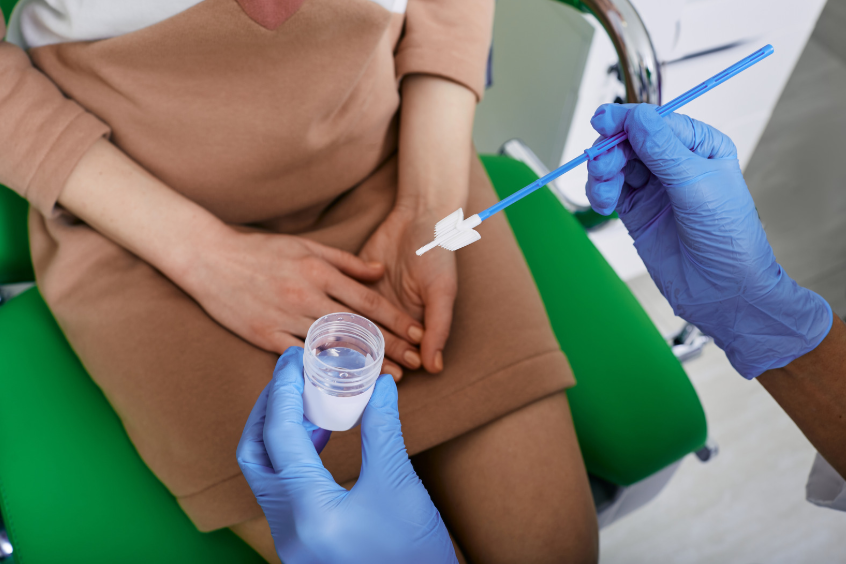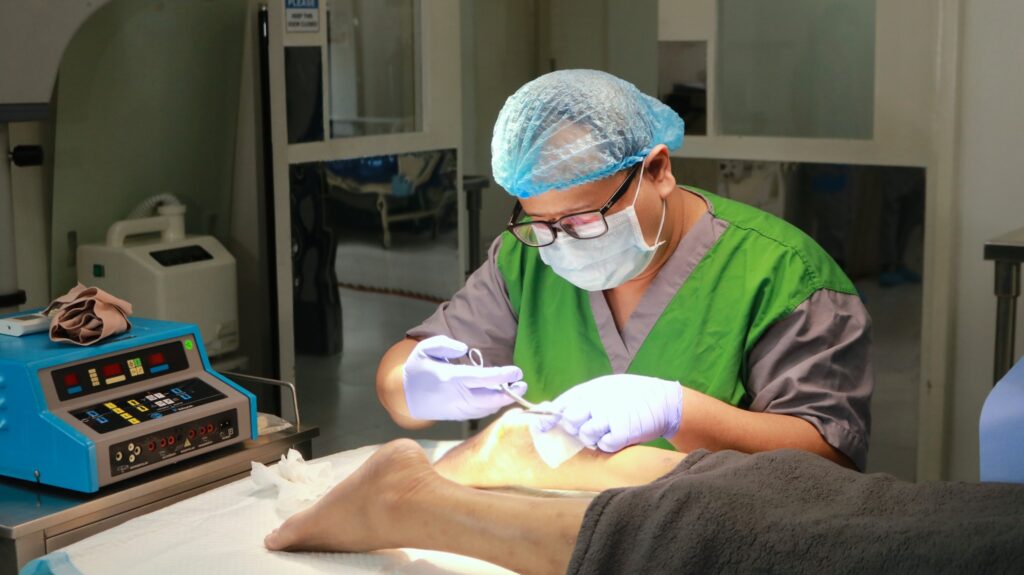Cervical cancer is one of the leading causes of cancer-related deaths in women worldwide. Early detection of this disease is essential to improving survival rates, and this is where the Pap smear plays a pivotal role. A Pap smear is a simple yet powerful screening tool that has saved countless lives by identifying cervical cancer in its early stages. Understanding the importance of Pap smear tests is crucial for safeguarding women’s health and well-being.
What is a Pap Smear?
A Pap smear is a routine screening test designed to detect abnormal cells in the cervix that could potentially lead to cervical cancer. During a Pap smear, a healthcare provider collects a small sample of cells from the cervix to examine under a microscope. Women are typically advised to start Pap smear testing at the age of 21 and to repeat it at regular intervals based on their doctor’s recommendations. By undergoing a Pap smear regularly, women can take a proactive step toward preventing cervical cancer and ensuring early intervention if necessary.
How Pap Smears Help Detect Early Signs of Cervical Cancer
The primary role of a Pap smear is to identify precancerous changes in cervical cells before they develop into cancer. These abnormalities, often caused by the human papillomavirus (HPV), can be detected early with a Pap smear. Early detection through Pap smears allows for timely treatment, drastically reducing the risk of cervical cancer. Studies have shown that regular Pap smear screenings can lower the incidence of cervical cancer by up to 80%, highlighting the test’s life-saving potential.
Cervical Cancer Risk Factors and Symptoms
Cervical cancer is often linked to risk factors such as persistent HPV infection, smoking, a weakened immune system, and multiple sexual partners. Unfortunately, cervical cancer may not show symptoms in its early stages, making the importance of Pap smear screenings even more critical. When symptoms like abnormal bleeding, pelvic pain, or unusual discharge appear, the disease is often in an advanced stage. Regular Pap smears can help detect the disease early, even before symptoms develop, giving women a better chance of successful treatment.
Frequency and Guidelines for Pap Smear Testing
Healthcare guidelines recommend that women aged 21 to 65 undergo regular Pap smears, with the frequency varying based on age and individual risk factors. For women aged 21 to 29, a Pap smear is generally recommended every three years, while those aged 30 to 65 may opt for a Pap smear combined with HPV testing every five years. It is vital to consult your doctor about the right Pap smear schedule for your needs. Staying consistent with Pap smear testing ensures abnormalities are detected and addressed promptly.
Myths and Misconceptions About Pap Smears
Despite its benefits, many misconceptions surround the Pap smear. Some women mistakenly believe that Pap smears are painful or unnecessary if they feel healthy. However, a Pap smear is a quick, minimally invasive procedure that plays a vital role in preventive healthcare. Another common myth is that Pap smears are unnecessary after menopause, but the importance of Pap smear testing continues for women beyond their reproductive years. Addressing these myths can encourage more women to prioritise regular Pap smears.
The Role of Pap Smears in Reducing Global Cervical Cancer Cases
Globally, the introduction of Pap smears has significantly reduced cervical cancer rates, particularly in developed countries where regular screening programs are accessible. However, in low-income regions, cervical cancer remains a major public health issue due to the lack of screening facilities. Expanding access to Pap smears worldwide could save countless lives by detecting cervical cancer early. This highlights not only the importance of Pap smear testing but also the need for global health initiatives to make this essential screening universally available.
What to Expect During Your Pap Smear Appointment
For many women, the thought of undergoing a Pap smear can be intimidating. However, understanding what to expect can ease any anxiety. During a Pap smear, your doctor will gently collect cells from your cervix using a small brush or spatula. The procedure typically takes only a few minutes and is usually painless, although some women may experience slight discomfort. Preparing for your Pap smear by avoiding sexual activity or vaginal products 24 hours before the test can improve accuracy. Remember, the temporary discomfort of a Pap smear is a small price to pay for the long-term benefits of protecting your health.
Why Regular Pap Smears are Life-Saving
The importance of Pap smears cannot be overstated when it comes to preventing cervical cancer. Regular Pap smear tests allow healthcare providers to detect abnormalities at an early, treatable stage, giving women the best chance of avoiding serious health complications. Consistency with Pap smears is a powerful step toward taking control of your health and ensuring a future free from cervical cancer.
Takeaway
A Pap smear is an essential tool in the fight against cervical cancer, offering early detection that saves lives. By prioritising regular Pap smear testing, women can take a proactive approach to their health and significantly reduce their risk of developing cervical cancer. Don’t wait until symptoms appear—schedule your Pap smear today and embrace the opportunity to safeguard your well-being for years to come.









